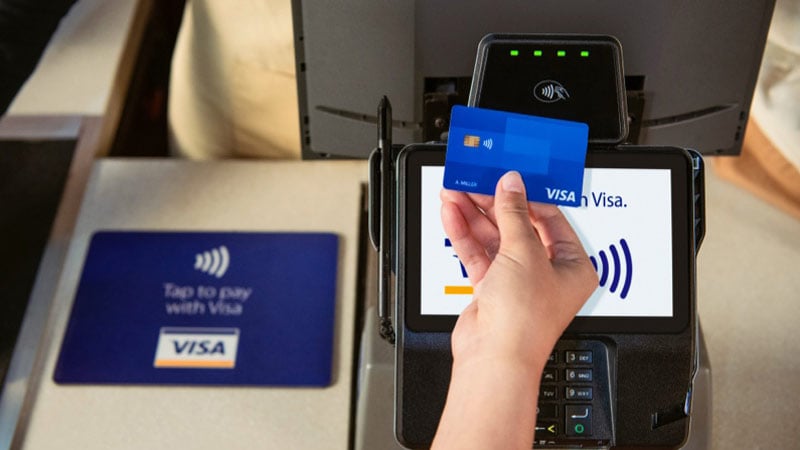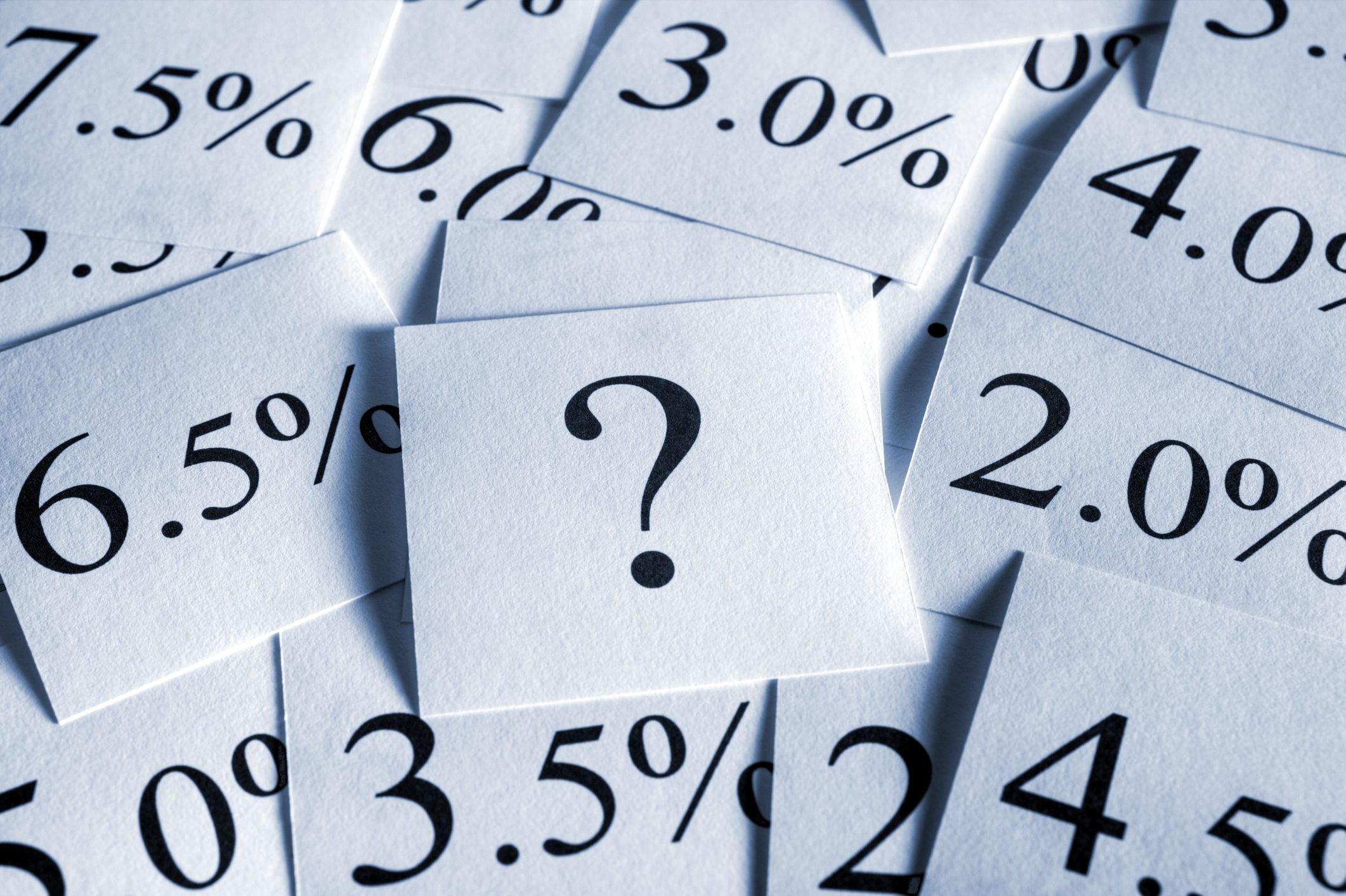Cryptocurrency is threatening Visa's (V 0.74%) business again in the form of stablecoins -- at least, that's today's narrative. The payments-network giant is down almost 10% from all-time highs, likely due to new stablecoin legislation that's working its way through Congress. Merchants and financial technology players are building acceptance of these cryptocurrencies as a way to pay for goods and services, perhaps circumventing Visa altogether.
What are stablecoins? Do they pose a threat to Visa's business? Here's why you can rest easy holding Visa stock in your portfolio today, despite these blustery headlines.

NYSE: V
Key Data Points
New regulation and merchant acceptance
Stablecoins are cryptocurrencies with a value pegged against a fiat currency, such as the U.S. dollar. Circle's USDC stablecoin is (theoretically) always available to exchange 1-for-1 for U.S. dollars, making it a currency more reliable than Bitcoin.
Legislation around stablecoins passed the U.S. Senate last week. This will bring official regulations for the cryptocurrencies, making sure issuers have proper reserves to pay back customers. It also assures they go through regular audits of their balance sheets.
This news sparked a sell-off in Visa and other payment networks because merchants across the board are now closer to having the green light to accept stablecoins legally in the U.S., as well as other countries. For example, Stripe is working to bring USDC as an acceptable currency for payments for Shopify merchants, making it a competitive option to Visa.
Merchants want to build new payment systems to avoid the 2%-3% fee charged by Visa and its banking partners whenever a credit card is used to process a transaction. This could save large merchants potentially billions of dollars a year that currently go to the payment processors and banking system.

Image source: Getty Images.
Visa's reinforcing competitive edge
All this sounds scary to Visa, but it's not new. Merchants have wanted to break free from Visa and Mastercard for decades, but the payment processors just keep getting stronger. This is because of the reinforcing competitive advantages of the Visa payments ecosystem.
Visa is accepted in virtually every country around the world by 150 million merchants, with 4.8 billion total cards in circulation with consumers -- perhaps the widest network effect in the world. It will take many years -- if it's even possible -- for a stablecoin to replicate this level of acceptance in countries around the world. If you're a Visa card user, you can trust that it will be accepted in virtually every retail location -- but you can't say that about a stablecoin today.
What's more, consumers aren't going to give up the cash back they get when using a Visa card. Even credit cards with no annual fees give cash back to consumers -- that's what the 2%-3% fees pay for.
Annual-fee cards give perks to shoppers sometimes worth thousands of dollars a year. Shoppers aren't going to adopt stablecoins and give up these perks because stablecoins will make merchants more in profit. Consumers care about saving money for themselves.
V Price-to-Earnings Ratio (P/E) data by YCharts.
Stablecoins won't kill Visa
Stablecoins are an interesting innovation because they can help you hold a cryptocurrency and earn a yield with the ability to buy other cryptocurrencies, such as Bitcoin. Paying for goods in the real world is a whole other story.
Merchants are pushing stablecoins because it would save them billions of dollars a year. However, Visa has such a wide moat with its network that this would be nearly impossible to replicate. Consumers don't care about switching from Visa, as it's already free for them to use and gives them cash-back bonuses that are highly attractive.
Visa stock may have declined from all-time highs but isn't going to zero, so don't think of selling your Visa stock because of stablecoin legislation. However, it's not clear that the stock is a rock solid buy today, given it still trades at a price-to-earnings ratio (P/E) of 34. This is a mature company that can produce stable but slow growth over the long term, so it might not deserve such a premium valuation.
I'm keeping Visa stock on my watch list because it's a high-quality business. However, it doesn't look like a buy right now despite this 10% drawdown.









